The question of free will has been a topic of debate in philosophy for centuries. Some argue that we have free will and that we are capable of making choices that are not predetermined by external factors. Others argue that our actions are predetermined by factors beyond our control, such as biology, life experiences, and other influences. However, there is another perspective to consider: the idea that our minds and our "self" are separate entities, and that we are essentially slaves to our own minds.

According to this viewpoint, our minds are complex and dynamic systems that are constantly processing information and making decisions. Our "self," on the other hand, is the conscious experience of being aware of our thoughts, feelings, and actions. While our minds may be able to make decisions without our conscious awareness, our "self" is ultimately powerless to control these decisions.
This argument is supported by a wealth of scientific evidence. Studies have shown that our biology, life experiences, and other factors play a significant role in shaping our decision-making processes. For example, genetics can influence our personality traits and predispositions to certain behaviors. Life experiences can also shape our beliefs and values, which in turn can influence our decision-making processes.

Furthermore, our minds are constantly bombarded with information from our environment, including social and cultural factors that can influence our thoughts and behaviors. Our minds are also subject to cognitive biases and heuristics, which can lead us to make decisions that are not entirely rational.
Taken together, these factors suggest that our actions are largely predetermined by external factors beyond our control. While we may feel that we are making conscious decisions, in reality, our minds are constantly processing information and making decisions that are shaped by our biology, life experiences, and other influences.

So, where does this leave us in the debate over free will? While the idea that we are slaves to our own minds may be unsettling, it does not necessarily mean that we are powerless. By understanding the factors that influence our decision-making processes, we can make more informed choices and work to overcome our biases and heuristics.
In conclusion, the question of free will is a complex and multifaceted one. While there are compelling arguments on both sides of the debate, the idea that we are slaves to our own minds suggests that our actions are largely predetermined by external factors beyond our control. By recognizing these limitations, we can work to make more informed choices and strive to be our best selves. Of course, only if we are predetermined to do so...






0 Comments